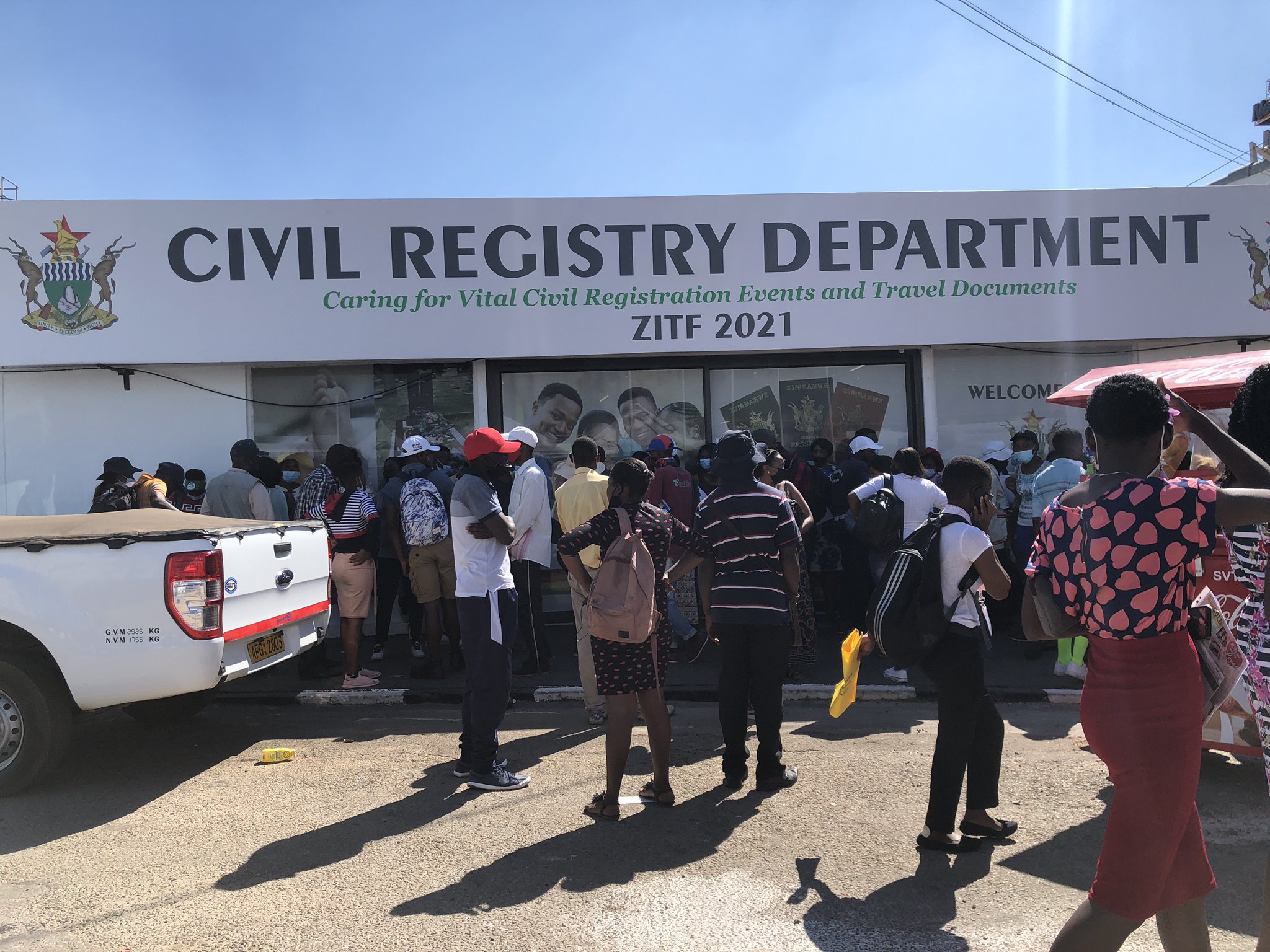Bad public relations at the Civil Registry Offices countrywide came under the spotlight in Bulawayo Thursday during the launch of an Amnesty International Report on documentation titled “We Are Like Stray Animals – Thousands Living on the Margins Due to Statelessness in Zimbabwe.
Many citizens have flagged the attitude and behaviour of staff at Registrar General’s offices who are rude to clients as one of the major reasons why they do not have documentation. Employees at the documentation offices stand accused of being rude and impolitely turning away applications without any courtesy of explaining why they cannot access documents.
The issue of documentation access is a serious problem in Zimbabwe with the government acknowledging a million people need documents, whose cause is also attributed to the negative attitude registry staff who are impatient with people.
At the launch of the Amnesty International Report, civic society organisations noted how hundreds of thousands of people in the country have been rendered stateless, and stripped of their legal status due to lack of documentation.
This report reveals how various population groups have been deprived for decades of their rights as citizens, denied documentation that enables them access to education, work, health care and right to vote.
Various speakers concurred how the right to documentation is key for any person to enjoy fundamental human rights and actively contribute to their communities’ socio-economic and political development.
“Public relations at the registry offices is an area that needs to be addressed because it’s a key issue going forward beyond statelessness. Has anyone ever found out the qualifications of people who are employed at the registry offices? Do they have a public relations office that looks at those issues?” questioned Godfrey Nyoni, of Zimbabwe Lawyers for Human Rights.
“We ought and must address this gap. If this aspect is not addressed, all these efforts to me are not honest. The registry may be doing mobile registration but if its officers who are going to people have no public relations, (it will not work). Think of the elderly who will approach them and receive negative feedback. The elderly will just give up and that will be the end of their efforts to access documentation.”
Habakkuk Trust Chief Executive Officer Dumisani Nkomo noted that most government departments and workers have poor attitudes that expose their institutional culture.
“I am not sure if it’s a problem of the registry alone but it’s a civil service problem. Last month I went to Mhlahlandlela (Government Complex) and there were no signs, nobody knows what or who is where, doing what. This is a general civil service problem,” he said.
“It’s a culture for them where they think they are there to be lords, while we are subjects in every government department. It’s a symptom in this department but in almost every government department you are treated like trash, it’s a broader institutional culture problem that we have.”
Gender activist, Busi Bhebhe, who also runs Amakhosikazi Media, underscored the need to engage government departments and push for better services.
“They need to be told there is a customer service problem and they need to treat customers this way, even if the work hasn’t come through. People must feel treated like human beings and not like animals when they go to government institutions,” she said, noting that the police, which was regarded as the roughest department, was respectful in some instances.”
“When you speak to a police officer in Ndebele and he can’t answer in the language, he will respond to you in English. Therefore, may the department at least give me crappy service but in a respectful way then we can deal with other problems.”
Another young female participant echoed the need for registry staff to change their mind-set and be friendly regarding public relations and service provision.
“In 2018 I wanted to apply for an emergency passport but the lady there told me they were only offering ordinary passports and not emergency ones. I wanted to know the reason why and she lashed out, telling me not to be an annoyance and that I was disturbing her. This happened in front of people and I was shocked. I didn’t know how to react,” she narrated.
Meanwhile, present at the report launch was a 47-year-old woman whose parents were killed during the Gukurahundi massacres. She testified how she only managed to receive a birth certificate last year in November and a national identity card this year on March 25, 2022.
Since she did not have those documents, she only managed to go up to Grade 7 and ended schooling there.

